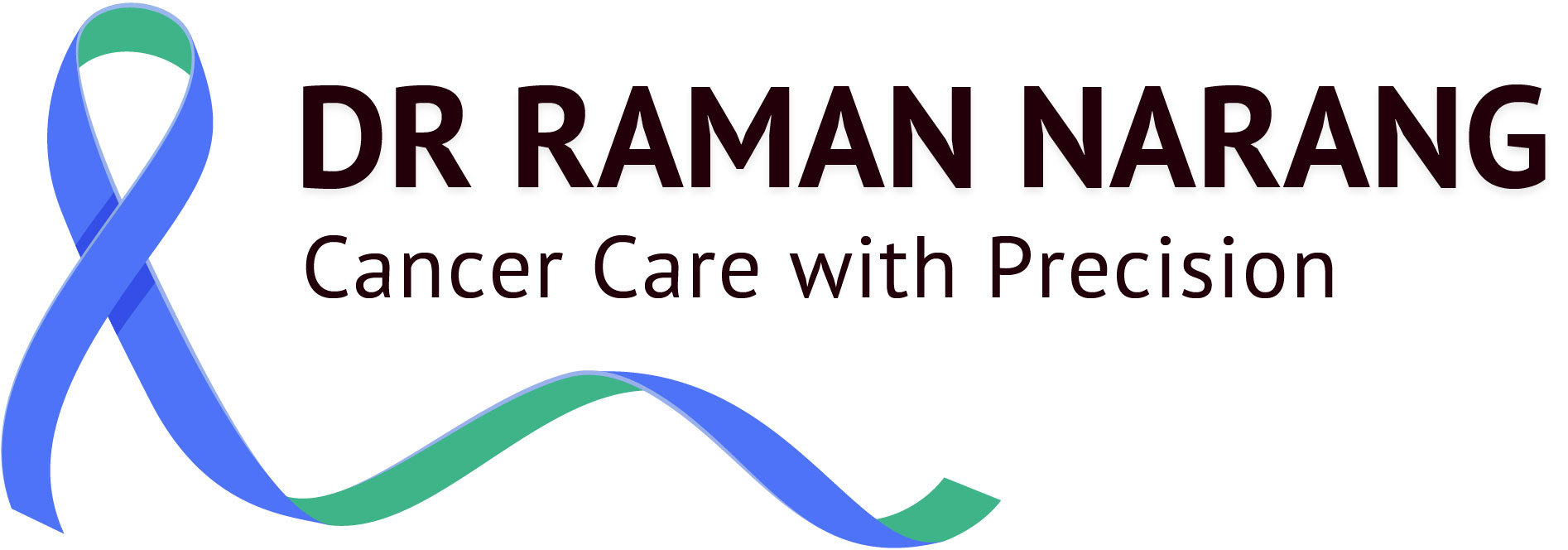Chemotherapy Introduction
Chemotherapy is a drug treatment that uses powerful chemicals to kill fast-growing cells in your body. Chemotherapy is most often used to treat cancer, since cancer cells grow and multiply much more quickly than most cells in the body. Many different chemotherapy drugs are available. Chemotherapy drugs can be used alone or in combination to treat various cancers. Though chemotherapy is an effective way to treat many types of cancer, chemotherapy treatment also carries a risk of side effects. Some chemotherapy side effects are mild and treatable, while others can cause serious complications.

Why It's Done
Chemotherapy is used to kill cancer cells in people with cancer.
There are a variety of settings in which chemotherapy may be used in people with cancer:
To cure the cancer without other treatments.
Chemotherapy can be used as the primary or sole treatment for cancer.
Chemotherapy can be used as the primary or sole treatment for cancer.
After other treatments, to kill hidden cancer cells.
Chemotherapy can be used after other treatments, such as surgery, to kill any cancer cells that might remain in the body. Doctors call this adjuvant therapy.
Chemotherapy can be used after other treatments, such as surgery, to kill any cancer cells that might remain in the body. Doctors call this adjuvant therapy.
To prepare you for other treatments.
Chemotherapy can be used to shrink a tumor so that other treatments, such as radiation and surgery, are possible. Doctors call this neoadjuvant therapy.
Chemotherapy can be used to shrink a tumor so that other treatments, such as radiation and surgery, are possible. Doctors call this neoadjuvant therapy.
To ease signs and symptoms.
Chemotherapy may help relieve signs and symptoms of cancer by killing some of the cancer cells. Doctors call this palliative chemotherapy.
Chemotherapy may help relieve signs and symptoms of cancer by killing some of the cancer cells. Doctors call this palliative chemotherapy.
Risks
Side effects of chemotherapy drugs can be significant. Each drug has different side effects, and not every drug causes every side effect. Ask your doctor about the side effects of the drugs you'll receive.
Side effects that occur during chemotherapy treatment
- Nause
- Vomiting
- Diarrhea
- Hair lose
- Loss of appetite
- Fatigue
- Fever
- Mouth sores
- Pain
- Constipation
- Easy bruising
- Bleeding
How chemotherapy drugs are given
Chemotherapy drugs can be given in different ways, including:
- Chemotherapy infusions. Chemotherapy is most often given as an infusion into a vein (intravenously). The drugs can be given by inserting a tube with a needle into a vein in your arm or into a device in a vein in your chest.
- Chemotherapy pills. Some chemotherapy drugs can be taken in pill or capsule form Chemotherapy shots. Chemotherapy drugs can be injected with a needle, just as you would receive a shot.
- Chemotherapy creams. Creams or gels containing chemotherapy drugs can be applied to the skin to treat certain types of skin cancer.
- Chemotherapy drugs are used to treat one area of the body. Chemotherapy drugs can be given directly to one area of the body. For instance, chemotherapy drugs can be given directly in the abdomen (intraperitoneal chemotherapy), chest cavity (intrapleural chemotherapy) or central nervous system (intrathecal chemotherapy). Chemotherapy can also be given through the urethra into the bladder (intravesical chemotherapy).
- Chemotherapy given directly to the cancer. Chemotherapy can be given directly to the cancer or, after surgery, where the cancer once was. As an example, thin disk-shaped wafers containing chemotherapy drugs can be placed near a tumor during surgery.
- The wafers break down over time, releasing chemotherapy drugs. Chemotherapy drugs may also be injected into a vein or artery that directly feeds a tumor.
How often you receive chemotherapy treatments
Your doctor determines how often you'll receive chemotherapy treatments based on what drugs you'll receive, the characteristics of your cancer and how well your body recovers after each treatment. Chemotherapy treatment schedules vary. Chemotherapy treatment can be continuous, or it may alternate between periods of treatment and periods of rest to let you recover.
Results
You'll meet with your cancer doctor (oncologist) regularly during chemotherapy treatment. Your oncologist will ask about any side effects you're experiencing since many can be controlled.
Depending on your situation, you may also undergo scans and other tests to monitor your cancer during chemotherapy treatment. These tests can give your doctor an idea of how your cancer is responding to treatment, and your treatment may be adjusted accordingly.
Book Consultation
